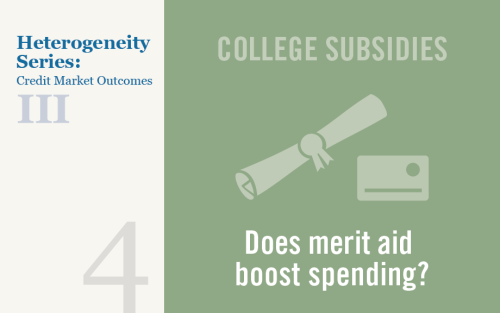The Cost of College Continues to Climb

College is much more expensive than it used to be. Tuition for a bachelor’s degree has more than tripled from an (inflation-adjusted) average of about $5,000 per year in the 1970s to around $18,000 today. For many parents and prospective students, this high and rising tuition has raised concerns about whether getting a college degree is still worth it—a question we addressed in a 2014 study. In this post, we update that study, estimating the cost of college in terms of both out-of-pocket expenses, like tuition, and opportunity costs, the wages one gives up to attend school. We find that the cost of college has increased sharply over the past several years, though tuition increases are not the primary driver. Rather, opportunity costs have increased substantially as the wages of those without a college degree have climbed due to a strong labor market. In a follow-up post, we will consider whether college is still “worth it” by weighing the benefits relative to the costs to estimate the return to a college degree.
Just Released: Lifting the Veil—For‑Profits in the Higher Education Landscape
Higher education is pivotal in our society—yet, its landscape is changing. Over the past decade, the private, for-profit sector of higher education has seen unprecedented growth, and its market share is at an all-time high.












 RSS Feed
RSS Feed Follow Liberty Street Economics
Follow Liberty Street Economics